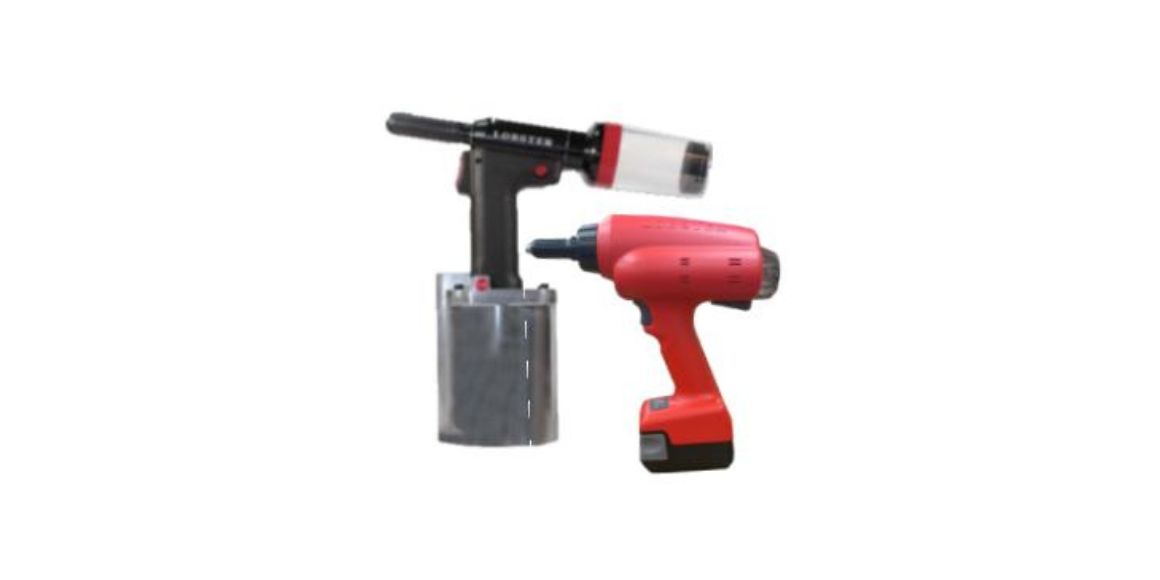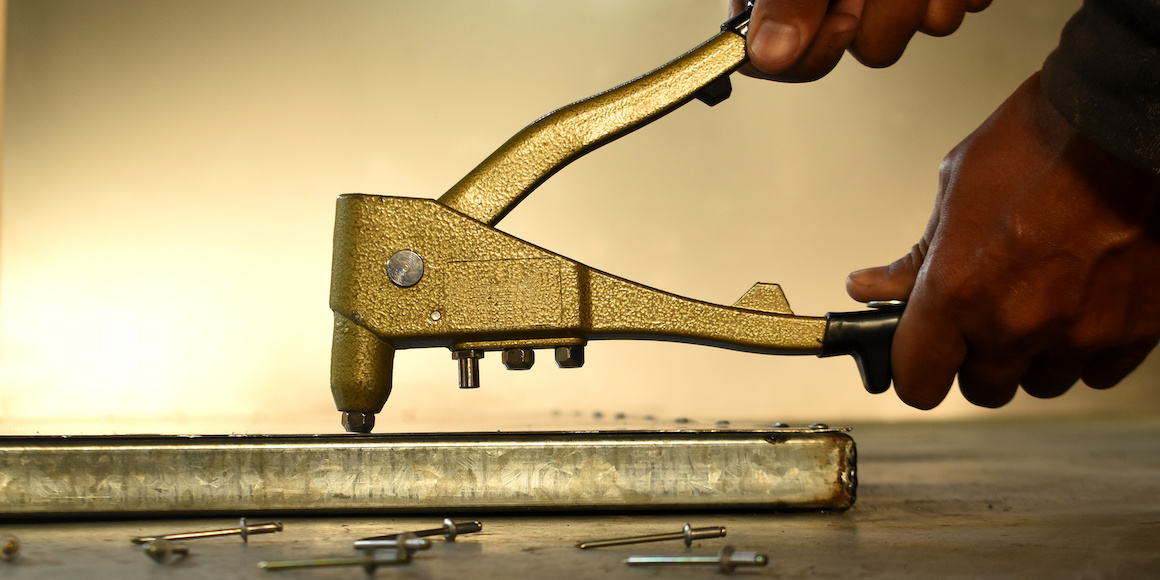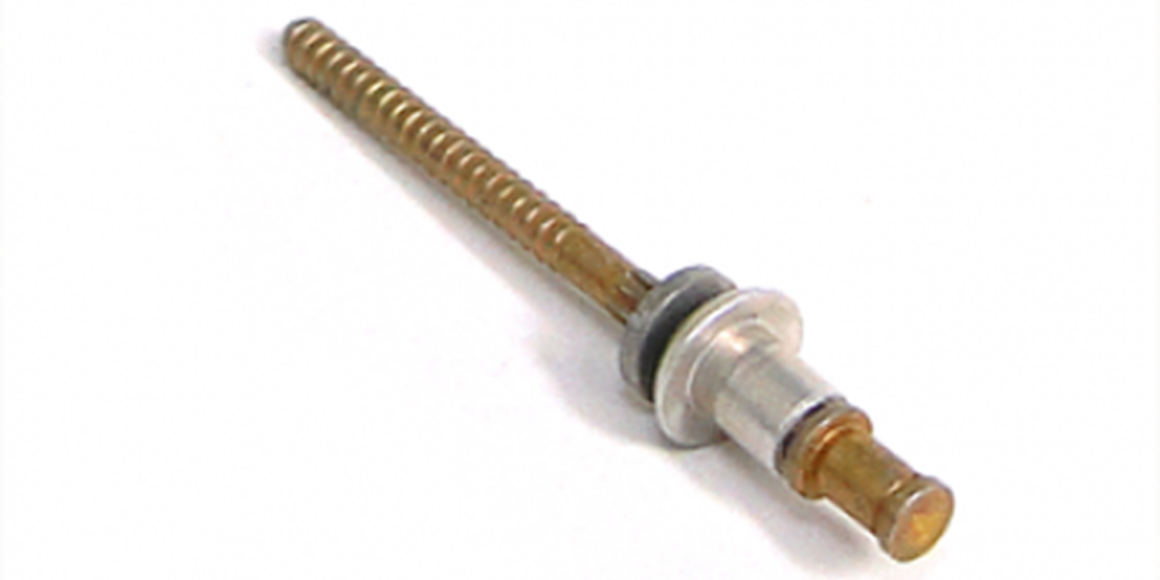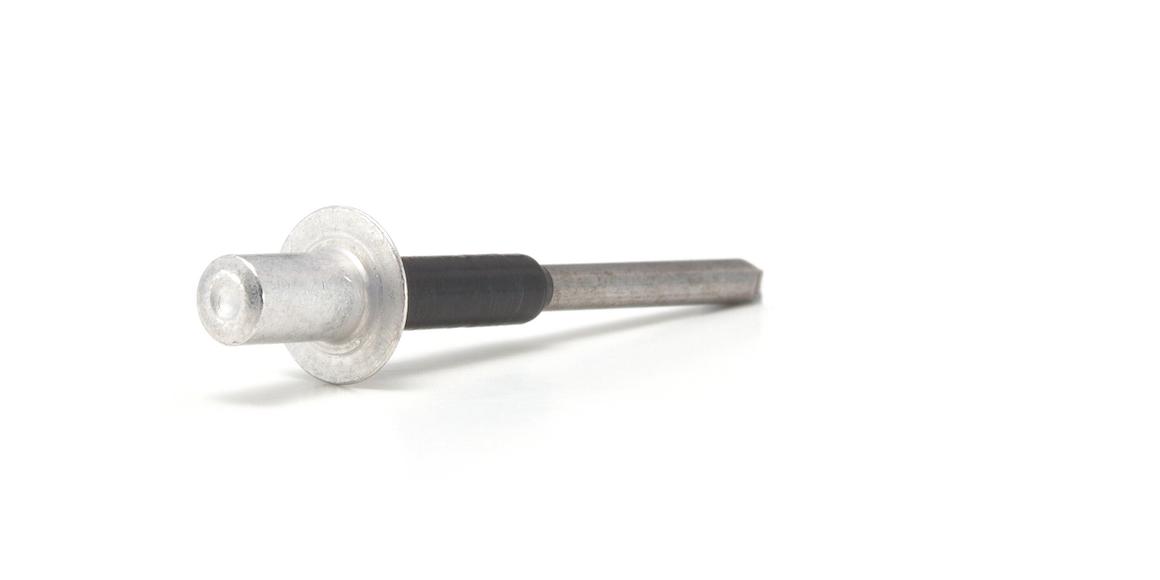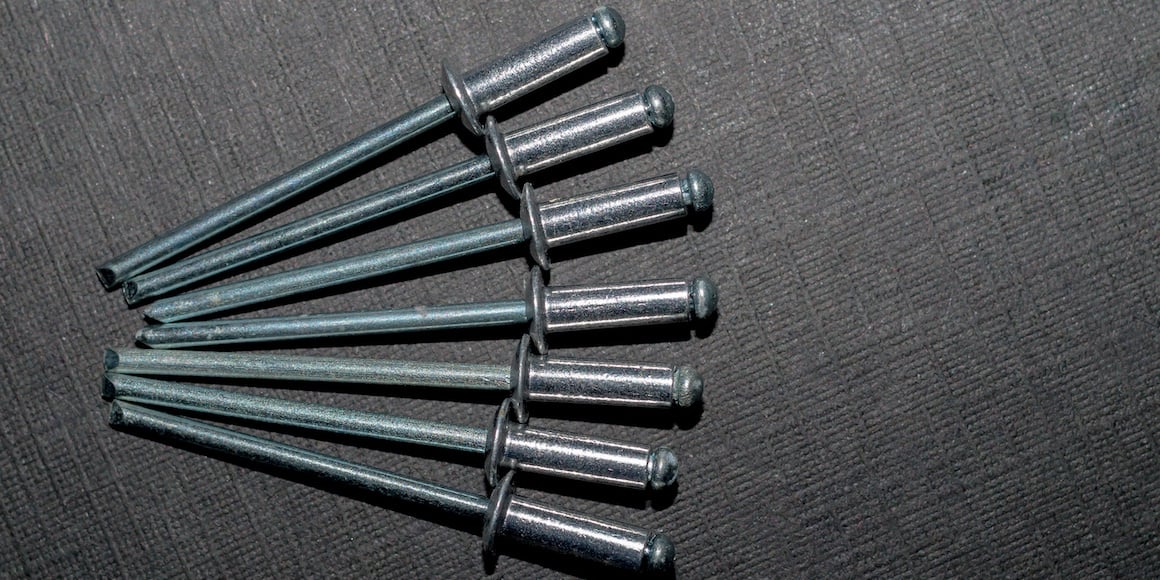Looking for something specific?
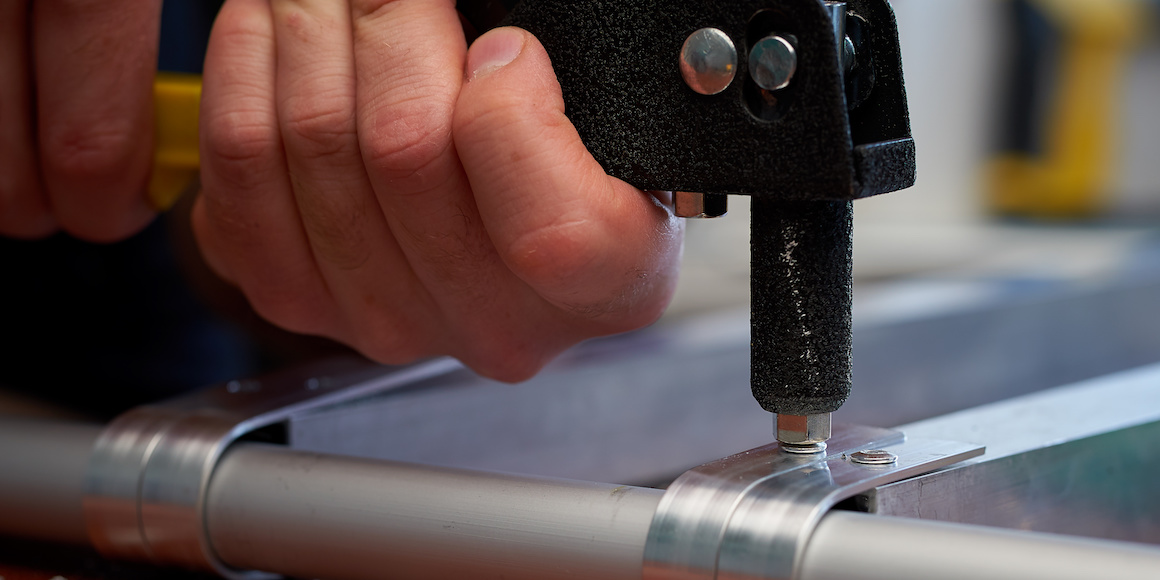
When it comes to finding the right fasteners for any job, you have many choices, especially when it comes to rivets. Often, it’s difficult to decide if you want to use a blind rivet, a pop rivet, a solid rivet, or some other type of rivet.
Read More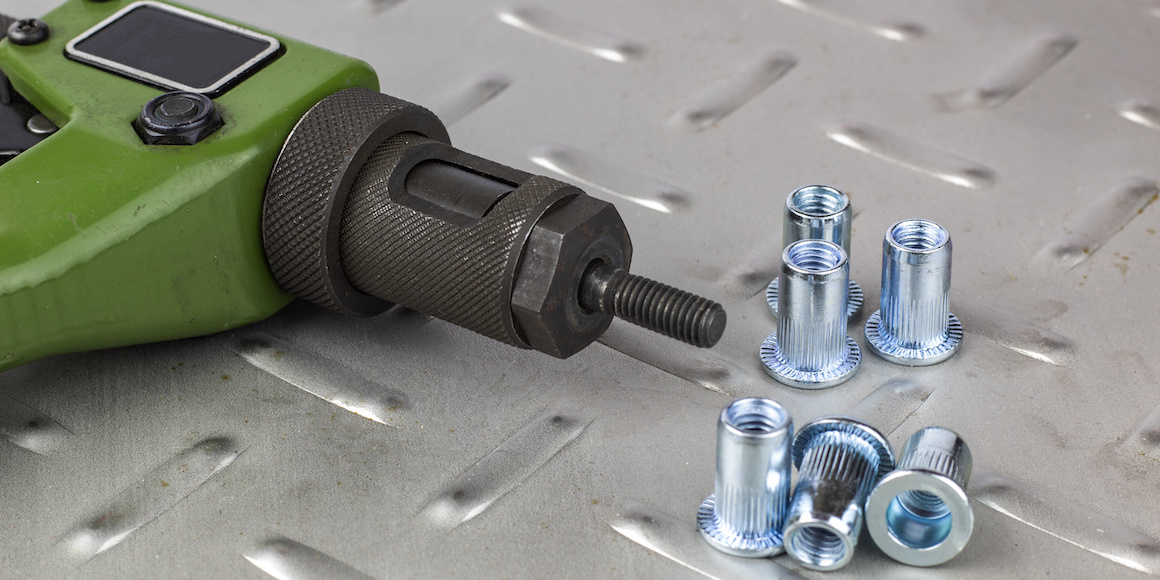
There are different fasteners for different applications. If you want a permanent bond, rivets or blind bolts may be your best option. A rivet nut may be a better choice if you want a strong join that can be set with a screw so it can be serviced or replaced.
Read More
Rivets are increasingly becoming the fastener of choice for manufacturing and repairs because they are inexpensive, are easy to install, and provide a secure connection. And as more rivets are being used for construction, field repairs, and in the workshop, more professionals are using a cordless rivet gun to get the job done.
Read More
If you are looking for a permanent joint that will last and resist vibration, nothing compares to the reliability of a rivet. Rivets are easy to install and are a great substitute for screws or bolts because they don’t loosen over time. There are different types of rivets, but the pop rivet is one of the most popular. Depending on the type of rivet you’re using and the application, you need to choose the right pop rivet tool for proper installation.
Read More
What Are Some Different Types of Rivets?
Rivets have been used for more than 5,000 years, and although we have come a long way since blacksmiths had to forge rivets by hand, their basic shape and applications have not changed. What has changed is that we have more types of rivets and rivet designs that make them more versatile, with different features for specific applications.
Read Morecurrent_page_num+2: 6 - disabled

